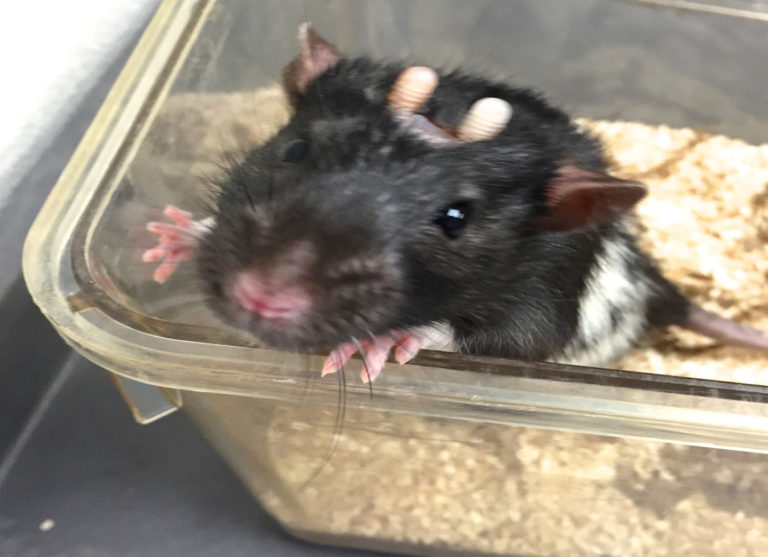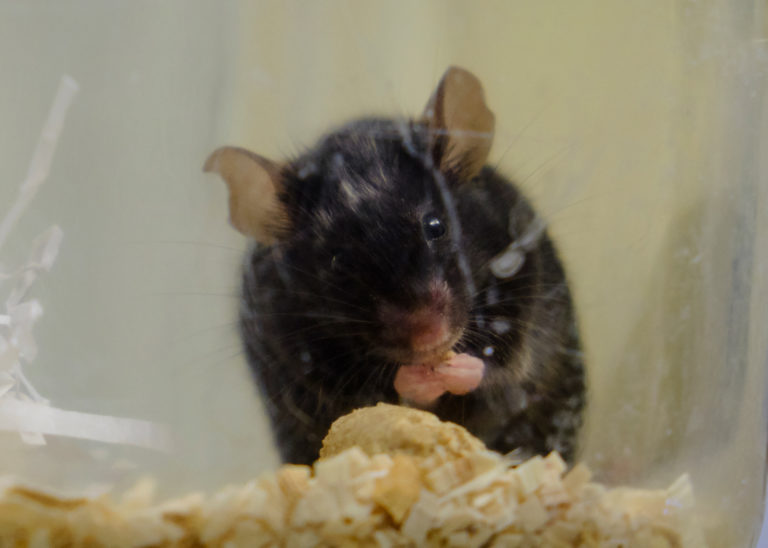Our lab explores the neuronal basis of learning and memory. Current research themes include understanding the role of neuropeptides (e.g., Melanin Concentrating Hormone) in the learned control of food procurement, intake and metabolism. These studies provide a critical insight into the relationship between external environmental signals (e.g., food-paired stimuli) and endogenous motivational states (e.g., hunger, satiety) on the regulation and dysregulation of ingestive behavior. Given the over abundance of triggers signaling meal intake in the obesogenic environment, our studies hope to inform on the variables (both psychological and neurobiological) that contribute to eating in the absence of metabolic need and lead to weight gain, obesity and associated metabolic disorders (e.g., diabetes).
A second series of studies use animal models that mirror many of core brain and behavioral endophenotypes associated with neuropsychiatric illness in humans. These studies include the use of the transgenic Disrupted-in-schizophrenia-1 (DISC-1) mouse model to elucidate impairments in cognition, motivation and reality testing; identify neuronal markers underlying aberrant behaviors, and establish pharmacological tools to treat these behaviors.
We also examine the role of catecholamines in associative learning and motivated behavior. These studies have established novel roles for the midbrain in encoding relationship between cues and rewarding events, and may be particularly relevant for elucidating psychobiological mechanisms to disrupt addictive-like behaviors for food and drug rewards.
To accomplish these goals, our lab uses complex appetitive behavioral procedures based on contemporary learning theory, together with sophisticated neuroscience techniques, which include optogenetics, chemogenetics, pharmacological inactivation procedures, functional anatomical techniques and the use of immediate early gene markers, for behavioral circuit analyses.

